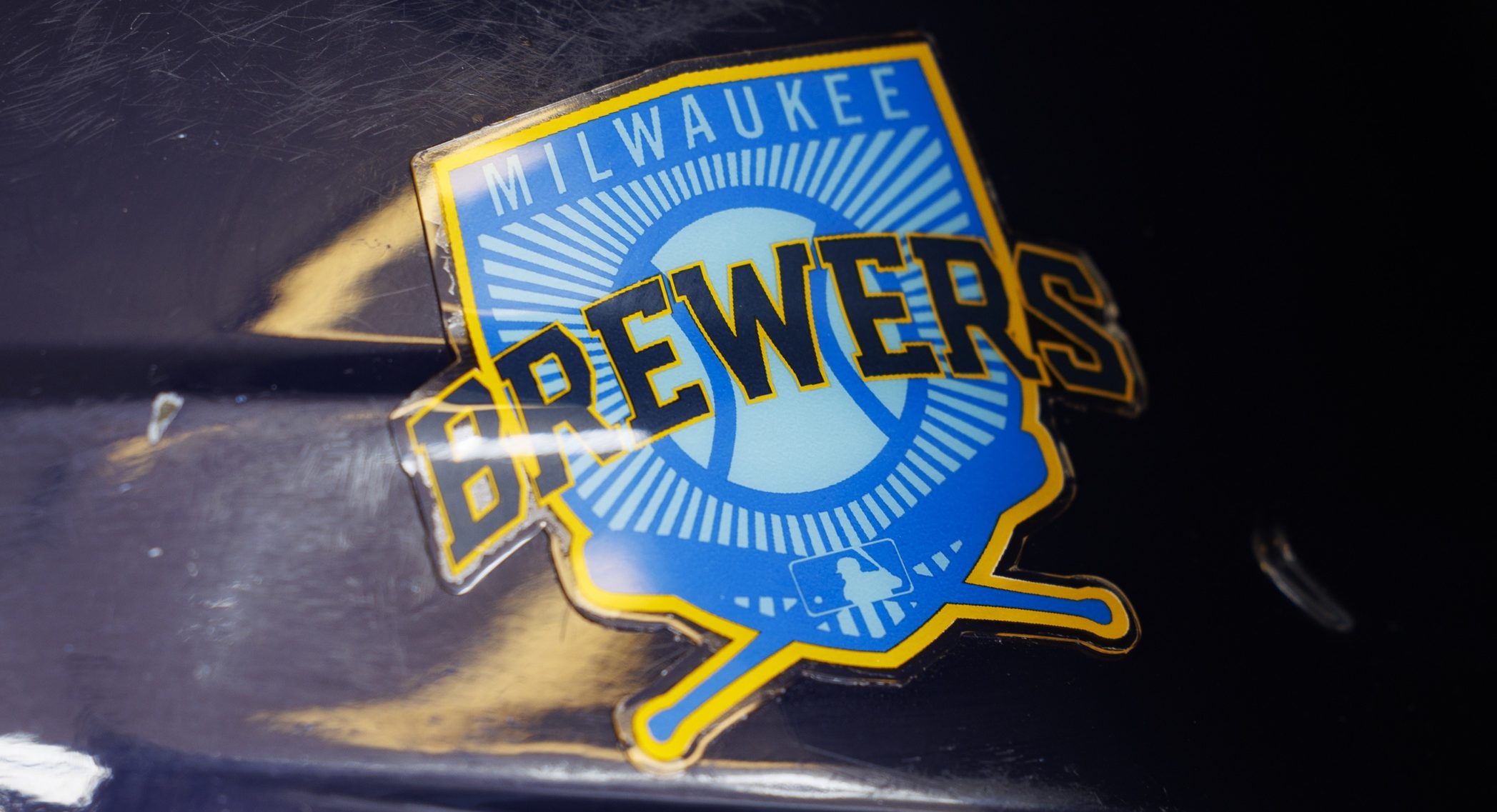On Tuesday night, the American League beat the National League 4-2 in the annual MLB All-Star Game, claiming home field advantage in the World Series for the junior circuit. Surely, that means nothing but future success when October rolls around, right?
Home field advantage is one of those things that sounds so important in theory, but is it really all that important when you’re talking about one best of seven series? The winning league started being rewarded with home field advantage in 2003 after Bud Selig’s infamous clueless shrug during extra innings of the 2002 game at Miller Park led to an All-Star Game tie, something seen just once before in history.
The “This time it counts!” mantra has been the target of much scorn from baseball fans because of numerous facts: the All-Star Game being an exhibition, each team still being required to have a representative (leading to more deserving players being left off the team in favor of players from teams that need one player selected), and the managers in the game each year seemingly focusing on getting every player in the game rather than managing to win.
Since the game began to “matter” in 2003, the AL has won 11 times (including Tuesday’s triumph), while the National League has taken home three victories. The basic math doesn’t seem to indicate much favor for the AL’s superior edge in home field advantage – the NL has actually won more Fall Classics than the AL, seven to six, since 2003.
But how have the leagues fared when actually receiving home field advantage in the World Series? As mentioned, the NL won home field advantage three times since 2003, from 2010 to 2012. National League teams, the Giants twice and the Cardinals once, won all three of those World Series. Of the other 10 World Series (which doesn’t include the 2016 World Series, since we can’t tell you what happens three and a half months ahead of time) in which the AL has had homefield advantage (2003-2009, 2013-2015), AL clubs are 6-4.
What about Game 1? The home team has gone 8-5 in Game 1 of the World Series since 2003, and only one team that did not win Game 1 either at home or on the road has won the World Series: the 2009 Yankees.
If I could summarize this into a few key bullet points, here’s how I would do it:
** Having home field advantage matters, but not to an absurd degree.
** Winning Game 1 is more important than having home field advantage.
** However, playing Game 1 at home puts a team in a more advantageous position than playing Game 1 on the road.
Simply starting the series at home isn’t enough. A team actually has to win that first game before there’s a true advantage.








